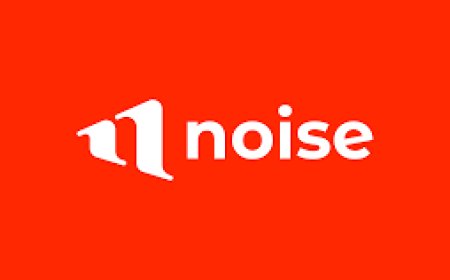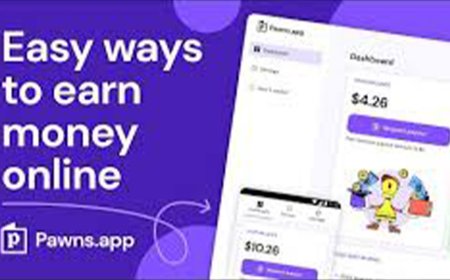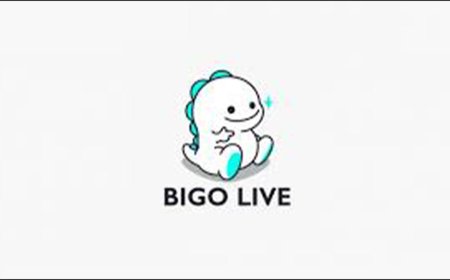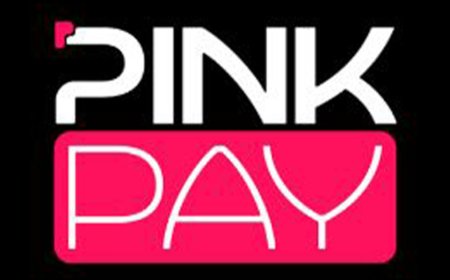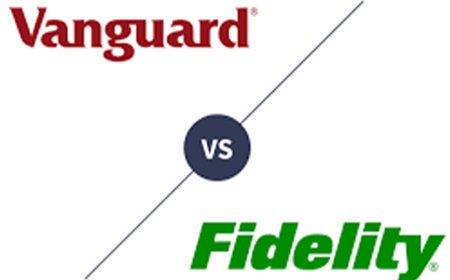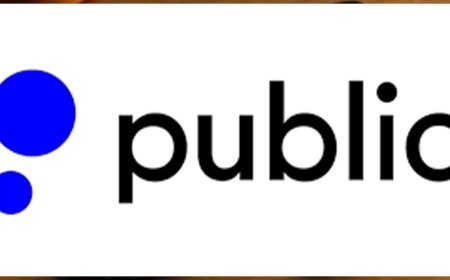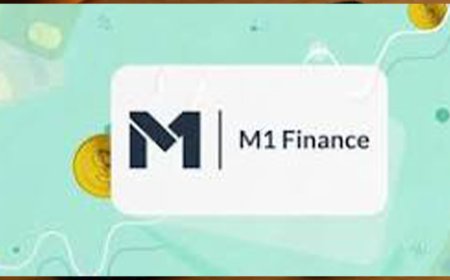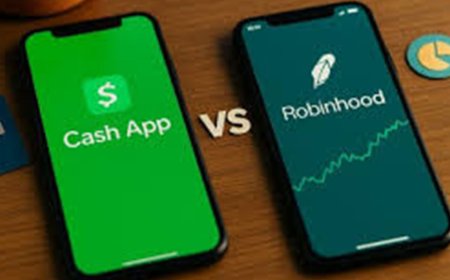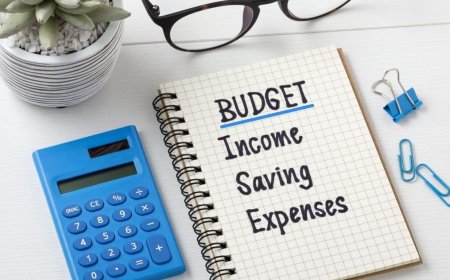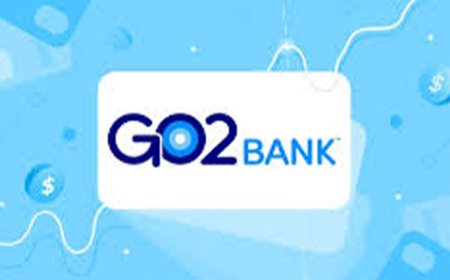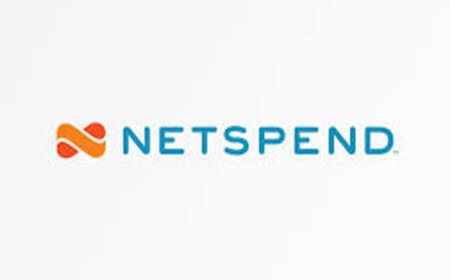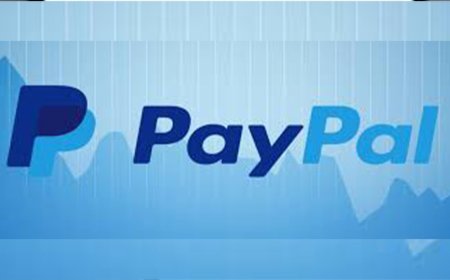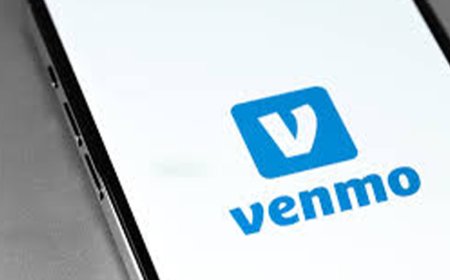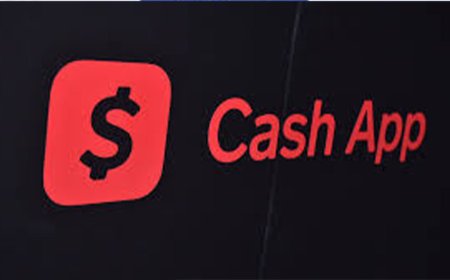5 Ways to Save $500 Fast in 2025: Actionable Steps to Boost Your Savings
Save $500 fast in 2025. Cut subscriptions, skip takeout, sell unused items, lower bills and start a side hustle. Practical tips to boost savings in Nigeria & beyond.

In 2025, saving $500 quickly might feel daunting amid rising living costs, unexpected expenses, and financial pressures. Whether you’re building an emergency fund, planning a big purchase, or aiming to break free from common money mistakes, achieving this goal is within reach with discipline and smart strategies. This guide shares five practical, actionable methods to save $500 fast perfect for students, professionals, or anyone in the U.S., Nigeria, South Africa, or beyond. From slashing subscriptions to launching a side hustle, these tips will help you boost your savings and take control of your finances.
Why Saving $500 Matters
Saving $500 can be a game-changer. It’s enough for a starter emergency fund, a small investment in index funds, or a step toward financial freedom. In African countries like Nigeria or Kenya, where currency fluctuations and high data costs add challenges, these strategies are adaptable to local contexts. Let’s dive into the five proven ways to save $500 quickly in 2025, with tips to maximize your efforts globally.
1. Slash Unnecessary Subscriptions and Memberships
Subscriptions can silently drain your budget. From streaming services like Netflix to gym memberships or unused apps, these recurring costs add up fast. The average person spends $200-$300 annually on subscriptions, often without realizing it. Cutting these can free up cash for your $500 goal.
How to Save:
Audit Your Subscriptions: Review bank and credit card statements to list all recurring charges. Include streaming platforms, magazines, fitness apps, and cloud storage. In Africa, check for local subscriptions like DSTV or mobile data plans.
Cancel Unused Services: If you haven’t used a service in 30 days, cancel it. For example, pausing Netflix ($8-$15/month) or Spotify ($10/month) can save $20-$50 monthly. In Nigeria, canceling premium app subscriptions can save ₦5,000-₦10,000 monthly.
Downgrade or Pause Plans: Many platforms, like YouTube Premium or Disney+, offer cheaper tiers or pause options. Switch to basic plans to cut costs without losing access.
Explore Free Alternatives: Use free workout apps (e.g., Nike Training Club) or library resources instead of paid services. In Kenya, free YouTube tutorials can replace costly fitness subscriptions.
Savings Impact: Canceling two subscriptions ($20/month each) saves $40/month, or $240 in six months. Combine with other cuts to hit $500 faster.
Pro Tip: Use budgeting apps like YNAB or PocketGuard (available globally) to track subscriptions and identify savings opportunities. In Africa, check local bank apps for spending insights.
2. Reduce Dining Out and Takeout Expenses
Eating out or ordering takeout is a major budget buster. In the U.S., households spend around $3,000 annually on dining out, averaging $250/month. In African countries like South Africa or Nigeria, frequent restaurant visits or delivery apps like Bolt Food can cost R500-₦20,000 monthly. Cutting back here can accelerate your savings.
How to Save:
Meal Plan and Prep: Dedicate an hour weekly to plan meals and batch-cook. Affordable staples like rice, beans, or ugali (in East Africa) keep costs low. A $10 grocery list can yield a week’s meals versus $50 in takeout.
Cook at Home: Home-cooked meals are cheaper and healthier. Try simple recipes like stir-fries or stews that use local ingredients (e.g., jollof rice in Nigeria). In South Africa, braai at home saves over R200 compared to restaurant meals.
Set a Dining Budget: Limit eating out to once a month or cap spending at $20-$50 (₦8,000-₦20,000). Use cash to avoid overspending.
Pack Lunches: Bring homemade lunches to work or school instead of buying food. This can save $5-$10 daily, or $100-$200 monthly.
Savings Impact: Reducing dining out by $50/week saves $200/month. In three months, you’re at $600, surpassing your $500 goal.
Pro Tip: Use local marketplaces (e.g., Jiji in Nigeria) for bulk grocery deals to lower food costs further.
3. Sell Unused Items for Quick Cash
Your home is likely full of items you no longer need like electronics, clothes, books, or furniture that can be turned into cash. Selling unused items is one of the fastest ways to reach $500, especially if you act quickly.
How to Save:
Declutter Strategically: Walk through your home and list items like old phones, clothing, or furniture. In Africa, items like second-hand gadgets or textbooks are in high demand.
Use Online Platforms: List items on global platforms like eBay, Facebook Marketplace, or Poshmark (U.S., UK). In Africa, use Jiji (Nigeria, Kenya) or Gumtree (South Africa). A used smartphone can fetch $50-$200 (₦20,000-₦80,000).
Host a Yard Sale: Organize a local sale for bulk items like clothes or kitchenware. A single weekend can yield $100-$300. In Nigeria, community markets can work similarly.
Price Competitively: Research similar listings to set fair prices and attract buyers quickly.
Savings Impact: Selling a few items (e.g., a phone for $150, clothes for $100) can net $250–$500 in days, hitting your goal instantly.
Pro Tip: In Africa, use mobile money platforms like M-Pesa (Kenya) or OPay (Nigeria) for secure transactions when selling locally.
4. Lower Utility Bills and Recurring Expenses
Small tweaks to daily habits can significantly reduce utility bills and other monthly costs, freeing up funds for savings. From electricity to insurance, these savings add up over time.
How to Save:
Cut Energy Costs: Switch to LED bulbs (save $10-$20/month), unplug devices, and use fans instead of AC. In Nigeria, where power outages are common, solar chargers reduce generator fuel costs (₦5,000/month).
Reduce Water Usage: Install low-flow showerheads ($10) and shorten showers to save $5-$15/month on water bills. In South Africa, this is critical during water restrictions.
Negotiate Insurance: Contact car, health, or home insurance providers for discounts or switch to cheaper plans. Savings of $20-$50/month are common.
Optimize Phone Plans: Switch to budget-friendly plans (e.g., MTN or Airtel in Africa) or cut unused data features, saving $10-$30/month.
Savings Impact: Cutting $50/month from utilities and $30/month from insurance saves $80/month, or $480 in six months, nearly hitting $500.
Pro Tip: Use apps like Truebill (global) or local bank apps to monitor recurring expenses and identify savings.
5. Start a Side Hustle for Extra Income
A side hustle is a powerful way to boost income and hit your $500 goal quickly. Whether freelancing, tutoring, or reselling, extra cash can go straight to savings or investments like index funds.
How to Save:
Leverage Your Skills: Identify skills like writing, graphic design, or tutoring. In Africa, skills like social media management or translation are in demand.
Join Gig Platforms: Sign up for Upwork, Fiverr, or Freelancer.com (accessible in Nigeria, South Africa, Kenya). A single writing gig can pay $50-$200. Local platforms like VConnect (Nigeria) also offer opportunities.
Explore Local Gigs: Try dog walking, tutoring, or reselling items on Jiji. In Kenya, M-Pesa-based services like delivery can earn KSh 2,000-5,000 weekly.
Use Spare Time: Dedicate 5-10 hours weekly. Freelancing for $20/hour can yield $100-$200/month.
Savings Impact: Earning $200/month from a side hustle reaches $500 in under three months. Combine with other strategies for faster results.
Pro Tip: In Africa, use Payoneer for payments where PayPal is unavailable (e.g., Nigeria). Start with low-effort gigs to build your profile.
FAQs: Saving $500 Fast
How can I save $500 in a month? Combine all five strategies: cut $50 in subscriptions, $100 in dining, sell $200 in items, save $50 on utilities, and earn $100 from a side hustle.
What’s the easiest way to cut expenses? Cancel unused subscriptions and switch to budget phone plans for quick savings of $20-$50/month.
How much can I earn from selling items? Selling a phone ($150) and clothes ($100) can yield $250-$500 in days.
What side hustles work in Africa? Freelancing on Upwork, reselling on Jiji, or tutoring locally can earn $50-$200/month.
How do I track savings progress? Use budgeting apps like YNAB or a simple spreadsheet to monitor weekly savings.
Achieve Your $500 Goal in 2025
Saving $500 fast in 2025 is entirely possible with these five strategies: eliminate subscriptions, cut dining costs, sell unused items, reduce utilities, and start a side hustle. Whether you’re in Nigeria, South Africa, or the U.S., these steps are adaptable to your budget and lifestyle. Start today by auditing your expenses and listing items to sell. Track your progress with a budgeting app and stay consistent. Want more tips? Check out my guide on avoiding financial mistakes to complement your savings journeyhttps://sheynest.com/the-5-biggest-money-mistakes-i-made-and-how-im-fixing-them. Share your strategies in the comments, and let’s build wealth together!
What's Your Reaction?







